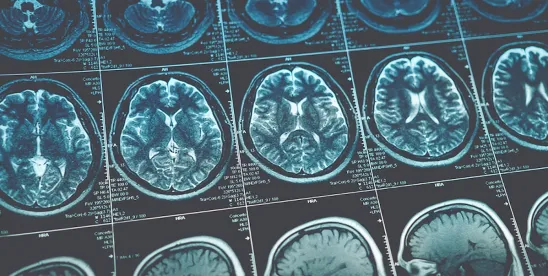In a significant decision for plaintiffs litigating traumatic brain injury (TBI) claims, the U.S. District Court for the Northern District of Oklahoma has denied a defense motion to exclude expert testimony based on diffusion tensor imaging (DTI). In Davis v. Adam, et al., Case No. 20-CV-217-TDD-JFJ, the court allowed Dr. Eduardo Gonzalez-Toledo, a neuroradiologist, to testify that plaintiff Shayla Davis suffered a TBI, rejecting defense arguments that DTI lacks clinical reliability and that the expert failed to rule out alternative causes.
This ruling is part of a growing body of case law acknowledging the utility of DTI—a specialized MRI technique that maps white matter tracts in the brain—in diagnosing mild TBI. The court emphasized that even defendants’ own radiology expert conceded that “90 percent of MR imaging facilities” are equipped to perform DTI and that it is “a proper tool to use in a clinical setting.” The court also cited multiple federal decisions nationwide admitting DTI evidence.
Notably, the court addressed concerns about the expert’s differential diagnosis. Although Dr. Gonzalez-Toledo did not fully account for the plaintiff’s lupus diagnosis, the court held that his failure to eliminate every possible alternative cause, without more, went to the weight—not admissibility—of his opinion. The court distinguished the case from others where experts ignored well-established major causes of similar injuries.
This decision reinforces that courts are increasingly receptive to DTI evidence, provided the methodology is sound and well-explained. It also affirms that imperfect differential diagnosis, when supported by sound reasoning and record review, can still pass muster under Daubert and Rule 702. For plaintiff’s counsel, this case offers persuasive precedent in overcoming defense motions to exclude DTI-based opinions, especially in mild TBI litigation.



 />i
/>i

